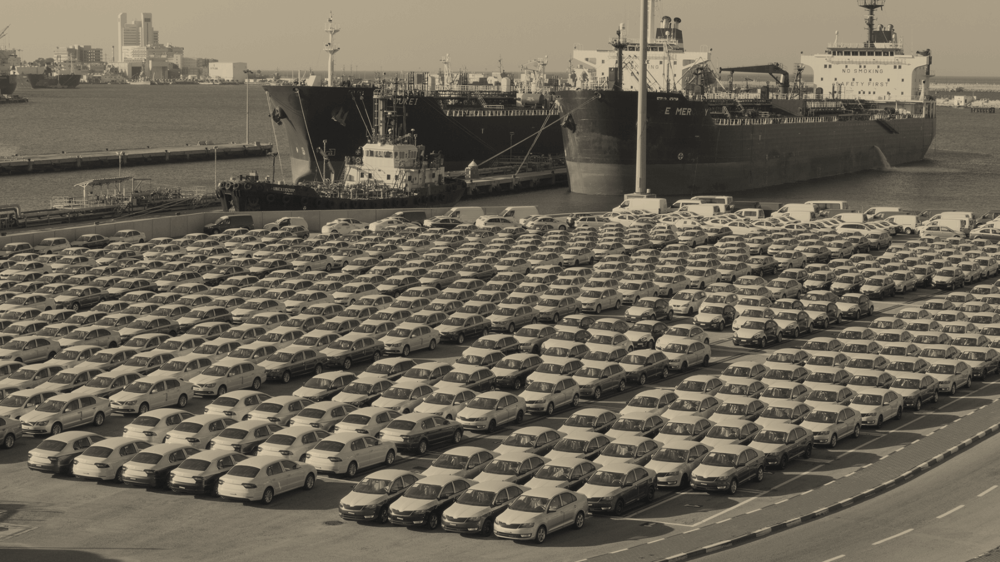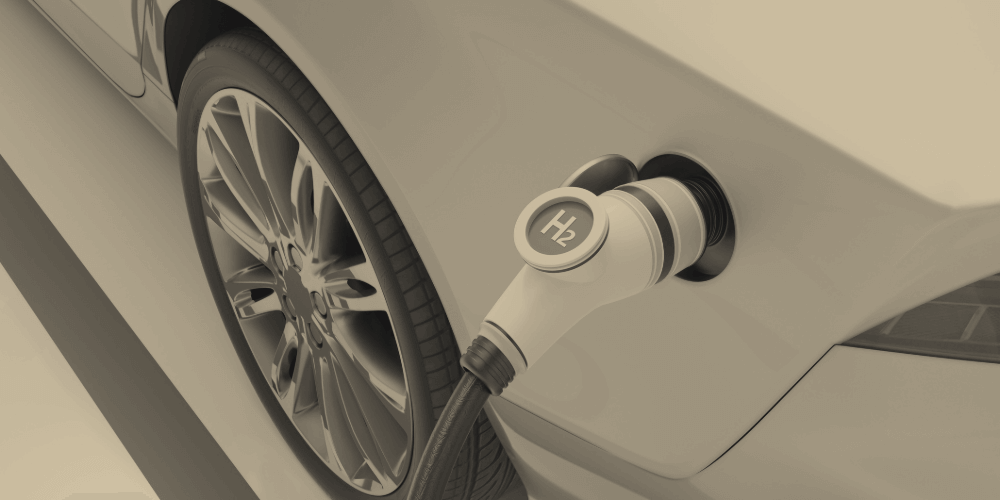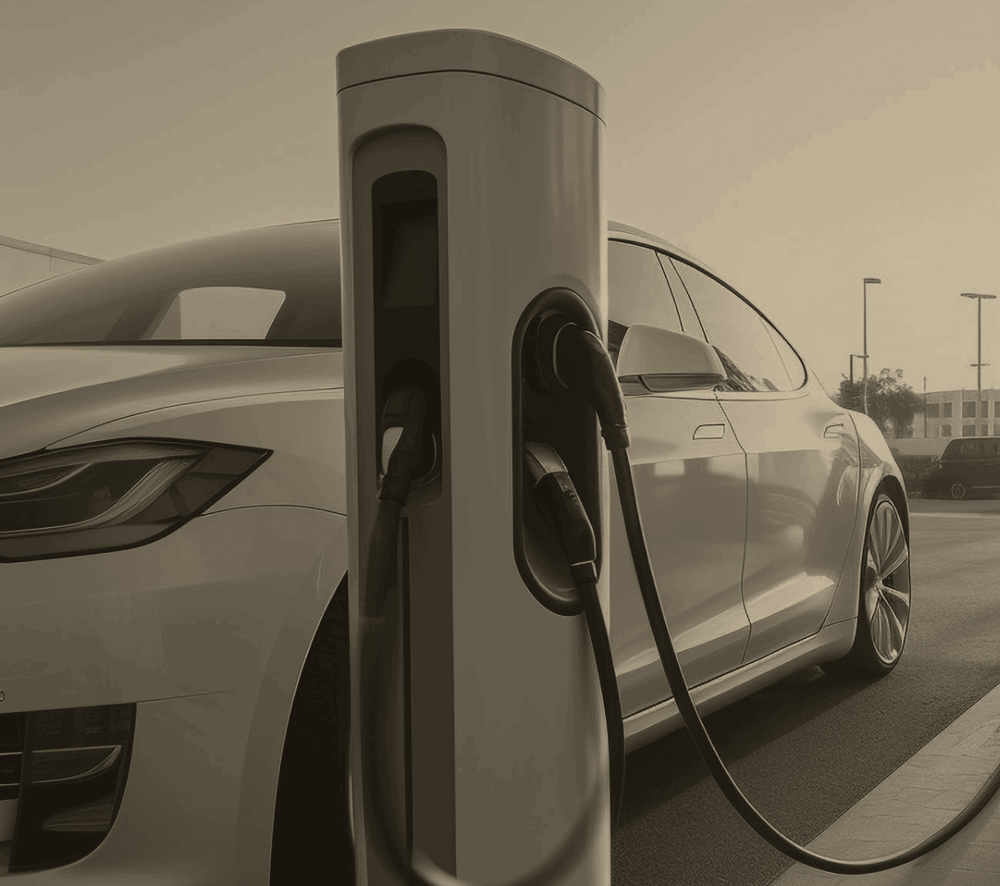Industry Briefing #11
Automotive media highlights

- Reading time
- 1 min
- Words
- The Briefing
- Published date
- May 27, 2024
The Briefing keeps consultants ahead by unpacking essential trends and emerging questions they can answer through market research.
On this week’s issue: The Biden administration imposed new tariffs on Chinese imports, targeting electric vehicles. Researchers are exploring infrastructure for self-driving cars, but safety remains a challenge. Tesla laid off hundreds of employees, including top executives and Supercharger staff. As the EV market cools, manufacturers seek to boost sales. Investigations revealed automakers shared car location data with police.
Questions to Stay One Step Ahead
The auto market is currently dealing with the growing pains of introducing new technology. Auto consultants will need to understand consumer perceptions and concerns to develop solutions that work for them. Questions to consider include:
- Electric vehicles: Why aren’t consumers spending money on electric vehicles? What incentives would be necessary to make these sustainable options more attractive?
- Data privacy: Do customers trust auto manufacturers to keep their data safe? Would consumers consent to data-sharing agreements with their auto manufacturers?
- Autonomous vehicles: Do consumers feel safe riding or sharing the road with autonomous vehicles?
Interested in launching a study on these topics?
Reach out to Potloc today to jumpstart a market research study for your strategic projects.








